Webinar Learnings: How Golf Cart GPS systems help leading courses optimize their operations
Tagmarshal works with more than 600 course partners and regularly hosts webinars to outline how they benefit from our golf cart GPS systems.
Expert guests from courses across the US and Canada, and occasionally the UK and Europe, shed light on how optimization technology and data have helped them better manage pace and flow of play to enhance the player experience, as well as increasing efficiency and driving revenue gains.
With partners ranging from high-end, ultra-exclusive private clubs through to the $50 daily fee course down the road, the webinars offer a great opportunity for operators to learn from the successes of others and identify strategies they may otherwise not have encountered.
Here are 5 examples from recent webinars that showcase innovative ways Tagmarshal’s golf cart GPS systems can be used to transform how a course operates.
1. Baltusrol: Golf cart GPS systems pace alerts via text message
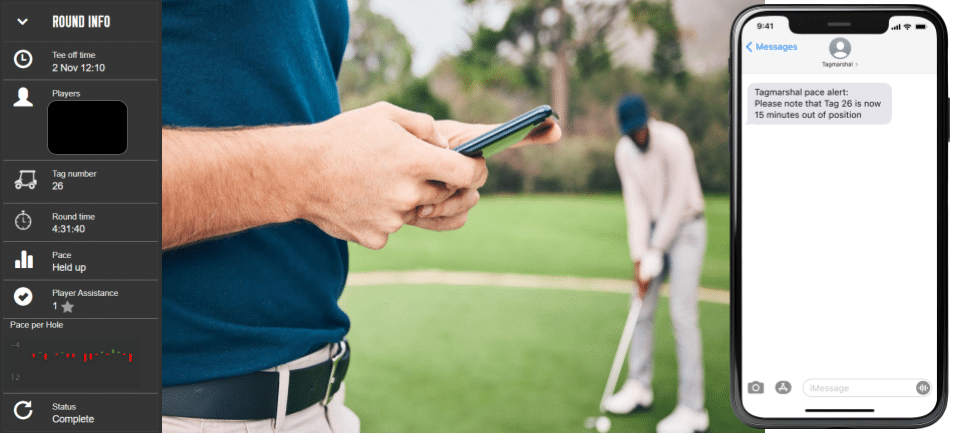
Baltusrol, the world-renowned private club in New Jersey that has hosted 18 Major championships, has made a concerted effort to use golf cart GPS systems to better manage pace and flow and enhance the member experience.
For the duration of the 2024 season, Baltusrol’s Upper Course was closed for renovation. This meant that there was almost double the usual volume of members playing the Lower Course.
Despite this challenge, the Lower Course averaged 3h57m during the peak period between June and October, well under the goal time of 4h12m, without the use of on-course marshals or player assistants.
To aid a proactive and effective pace management strategy, Baltusrol’s golf staff have configured Tagmarshal’s system to send text-based alerts to their mobile phones. Each golf professional’s profile is set to receive a text message as soon as a group hits a pre-defined Slow Play threshold. Whoever has the capacity to deal with the issue can then go straight to the problem group and ask how they can help to get that group back into position.
Rather than spending hours driving the course and reacting only when an out-of-position group is already impacting the field, the text message allows whoever isn’t busy at that moment to address the problem.

Our members know we are making an effort to improve pace and flow of play. Tagmarshal’s system raises awareness among the membership that you’re watching and there’s a lot of cooperation. There’s nothing better than walking into the office and knowing exactly what’s happening on your golf course. It’s fantastic knowledge and peace of mind.

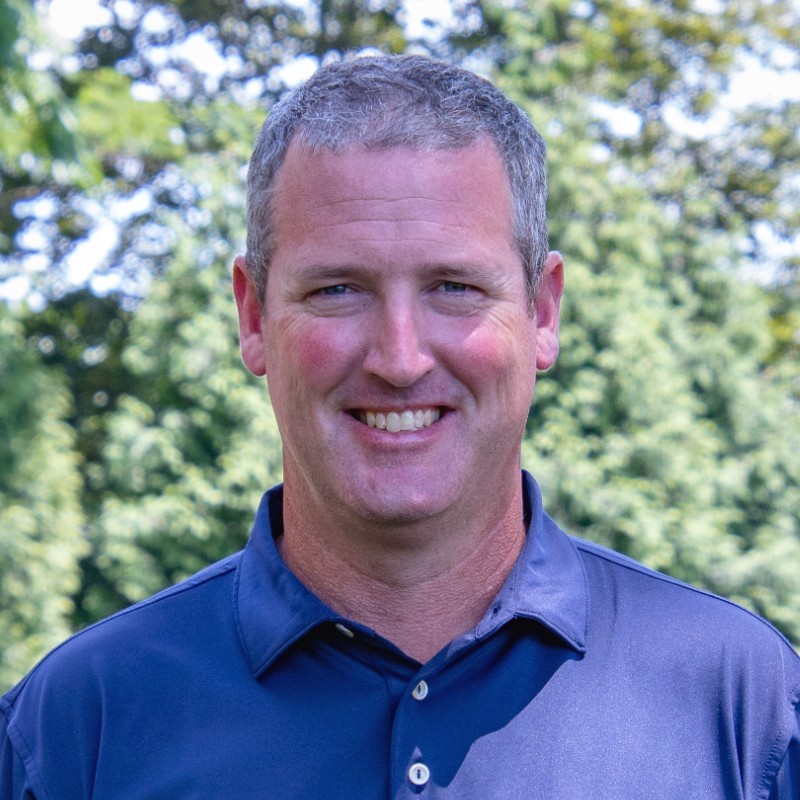

Courses that effectively use Tagmarshal’s golf cart GPS systems will reduce the number of on-course player assistants that are required, saving labor costs.
In addition, rather than spending time traversing the course, golf professionals open up valuable hours that they can redirect towards interacting with members, completing administrative work, offering golf lessons and managing other staff.

We used to have two marshals and now we only need one, because when groups get behind we know straight away and can send them a message. Our pace is well under what we anticipated.

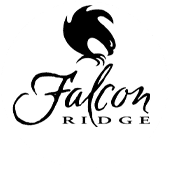
2. Foothills GC: Using golf cart GPS systems data to implement variable goal times
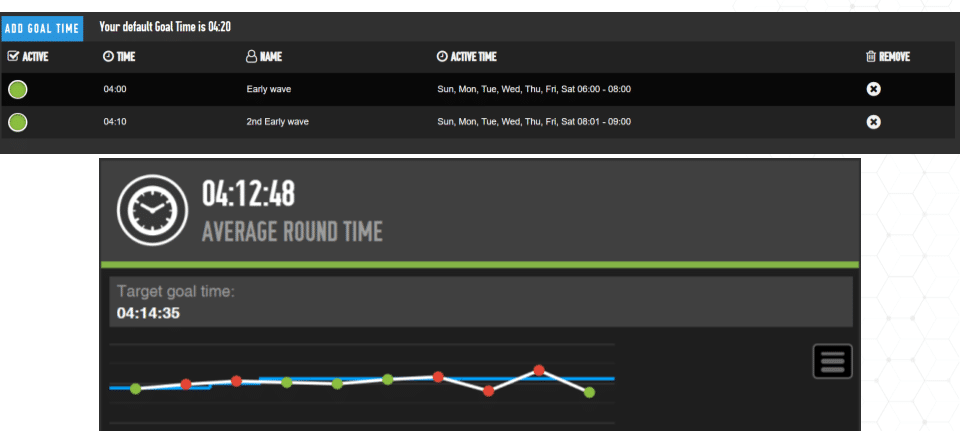
In order to gain a deeper understanding of how a course really operates, comprehensive data sets gathered by golf cart GPS systems are vital.
Colorado’s Foothills Golf Club, a daily fee course that deals with a relatively high play volume, has used Tagmarshal’s data to identify periods of the day, and days of the week, where the average round time is significantly quicker than usual.
While the course’s default goal time is 4h20m, the early tee times can comfortably complete a round in less time. As a result of this, Foothills GC has set variable goal times for different periods of the day.
For the ‘early wave,’ which they define as between 6AM and 8AM, the goal time is dropped to 4 hours. Then, for the ‘2nd early wave’ between 8AM and 9AM, the goal time is increased to 4h10m.
As a result of these quicker goal times, gap intervals during these periods can be reduced, creating additional tee sheet capacity. This is an immediate and sizable bottom-line boost.

Being able to send a message about pace before we send someone to the group ensures that by the time our staff arrive, the players know why we’re there. Our customers love it and our staff love it. The messages we send early in the round set the tone and make sure everybody is on the same page with pace.


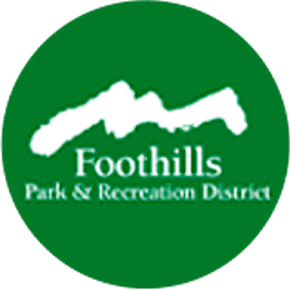
At private courses, additional tee sheet capacity is also important. Opening up extra tee times during in-demand periods of the day, like early mornings, will keep members happy and clubs may even consider increasing the size of their member base.
Courses must also measure the impact that reducing gap intervals has on the player experience. This is where data is once again vital – if average round times throughout the day increase and on-course flow suffers, then the gap intervals may be too tight. Ultimately, the more data a course has, the greater it can measure the outcome of the decisions it makes.

The data means we can adjust pace of play based on the time of the day, setting quicker times in the morning for players to aim towards. The overall satisfaction from our guests and staff has been outstanding. Not one person has said anything negative about the system.

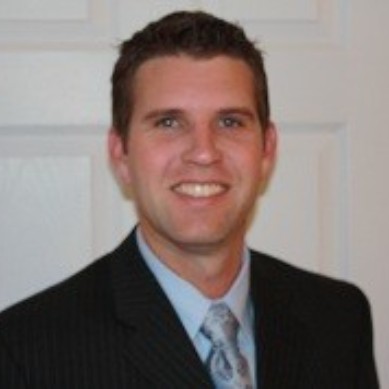
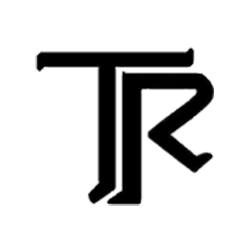
3. Premier Golf: How golf cart GPS systems help management groups oversee their entire operation
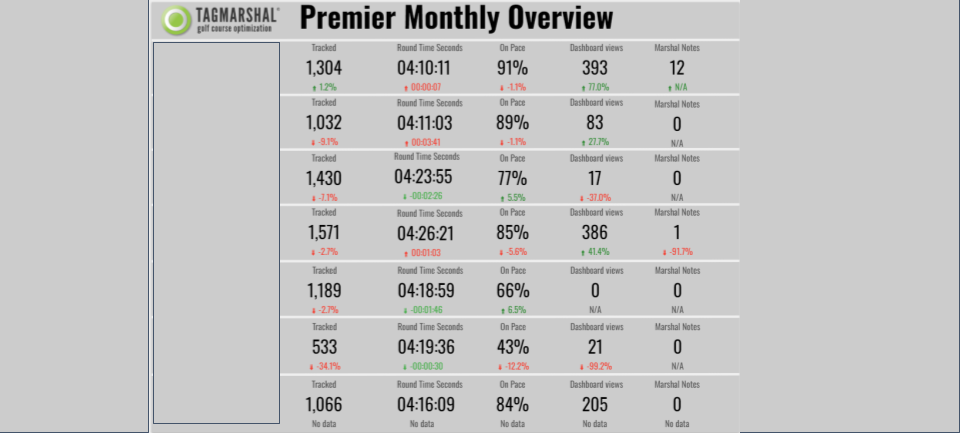
Premier Golf, a subsidiary of Troon Golf operating in Washington, is a great example of how golf cart GPS systems give multi-course operators (MCOs) oversight across all of their facilities.
MCOs face a unique set of challenges – achieving steep revenue targets, while optimizing the player experience and on-course operational efficiency. It’s critical that MCOs have reporting that provides insight into their facilities’ performance – both from a group and course perspective, to drive revenue.
With more than 10 facilities under its management, Premier Golf makes use of Tagmarshal’s innovative, data-driven and consolidated reporting for a high-level view of on-course operations performance versus objectives, collecting key data insights and metrics.
These include:
- A monthly single overview of rounds tracked, round times, the percentage of rounds on pace and the number of player assistant notes entered into the system.
- System engagement tracking of user interactions to ensure each course under Premier Golf’s umbrella is fully utilizing Tagmarshal’s golf cart GPS systems.
- A monthly tracking dashboard, either by course or on a group level, which highlights key performance indicators.
This data helps Premier Golf draw a correlation between added tee sheet capacity and the impact this has on player experience, quantifies operator efforts and the resultant outcomes, shows the effect of team engagement across facilities and creates a basis to charge premium rates.

Tagmarshal’s tech minimized our labor needs and helped us to solve issues in real-time. Using the accurate data, we eliminated 75% of complaints. This technology will make you money and we’re a perfect example of that. We have the data now and revenue is up.

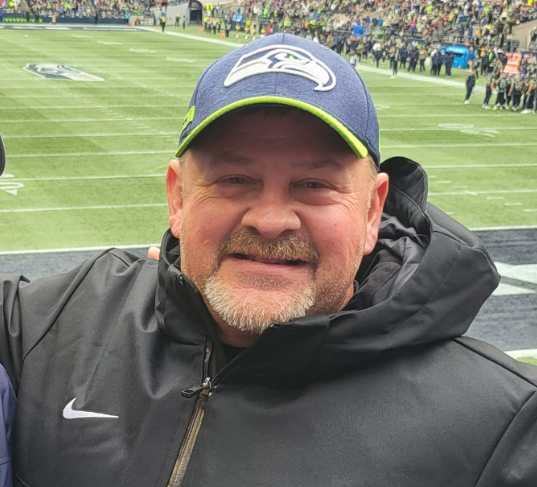
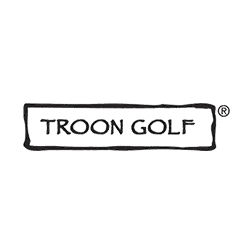
MCOs that partner with Tagmarshal and make use of the 2Way screens can measure, on a group level, the impact that direct messaging with players has on course pace and flow.
Actionable group reporting can be tailored to daily, weekly and monthly reporting increments with a focus on pace disruptors.
This Tagmarshal feature uses automation to proactively identify playing groups that are out of position (10 minutes behind the interval time) and 10 minutes behind the goal time.
Notifications are automatically sent to staff, with an on-screen alert for players, so that the facility can change the outcome by proactively identifying these groups and intervening in real-time.
MCO reporting will then include stats around each facility’s recovery and intervention success rates, as well as the intervention time (how long it took staff to interact with the group that was out of position).

Our partnership with Tagmarshal has been integral to our player experience and service strategy, by providing us with the data-driven management we need to optimize player experiences, helping us to deliver consistent excellence that keeps our players coming back again and again.

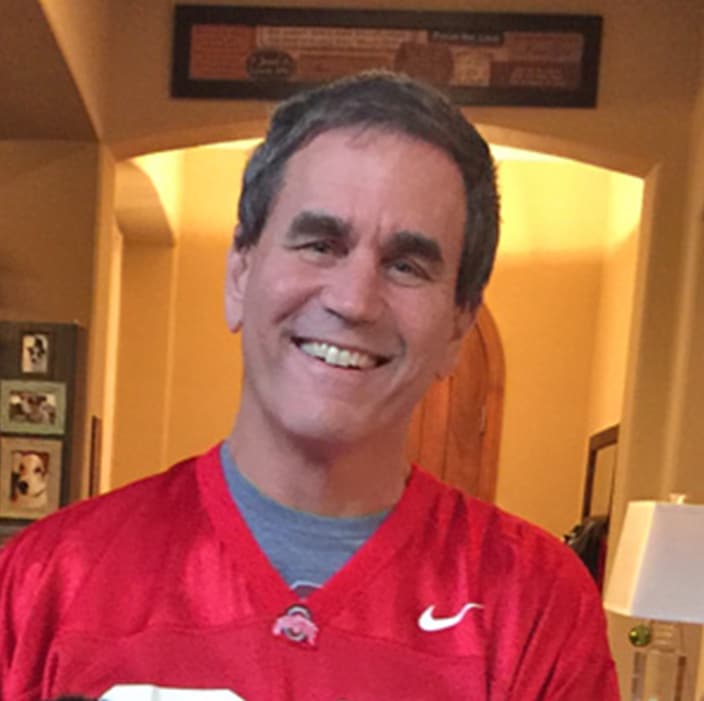
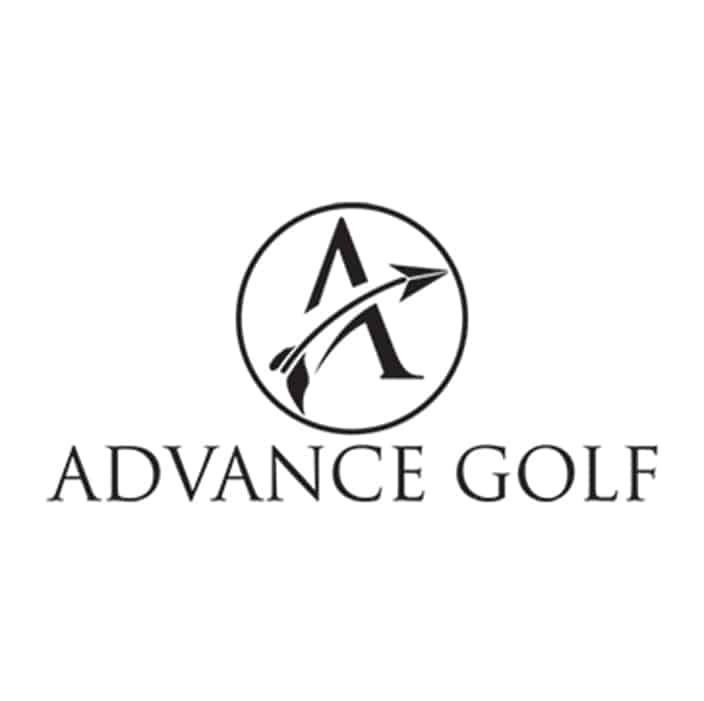
4. Cascade Hills: Golf cart GPS systems data and building member profiles
Using golf cart GPS systems to build out member profiles with complete round and pace histories has major benefits for clubs like Cascade Hills Country Club.
One of Western Michigan’s premier private clubs, Cascade Hills CC makes great use of proactive pace management techniques. This past season, they reduced average round times to 3h47m, a full 18 minutes below the goal time.
Understanding each member’s pace history also allows for more effective tee sheet management and oversight. Each member profile shows the total number of rounds played broken down into on pace, delayed, delayer (behind pace and other groups were impacted) and slow (behind pace but other groups were not impacted).
With slower members, staff can be alerted to offer additional assistance to ensure they stay in position. Should the problem continue, the club has steps in place to escalate the matter, relying on the golf cart GPS systems data to illustrate why further action is necessary.

The member profiles allow us to see when on the tee sheet our slower players are coming, so we can keep an eye on that. People are sensitive about being told they are slow. Now, with the data to point to, we can show that we are not picking on anyone but rather working on providing the best possible player experience for all of our members. It’s great to get this data in front our of golf committee and our members. We can show the pace improvement, proving that we are listening to and delivering on their concerns.


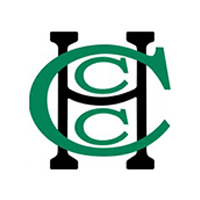
Data-rich member profiles also mean courses can personalize interactions and offer white glove service. Post-round conversations are made easier, with full round records attached to individual profiles, and appropriate tee times can also be assigned so that slower players don’t play during periods of the day when they will have a large impact on the rest of the field.
Finally, when players see the extent of the data a club has available, it helps them understand that their experience is being prioritized, helping build a club culture that fosters increased buy-in.

Where Tagmarshal stands apart from competitors is building out player profiles with historical data, giving a complete picture which is available whenever we need to use it. Tagmarshal gives us the data we need to quantify how we measure success in terms of pace of play and our overall culture.

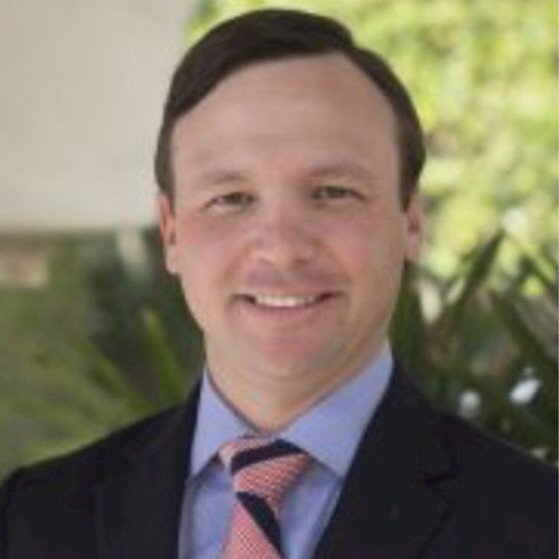

5. Gold Canyon: Additional revenue via advertising on the golf cart GPS systems 2Way screens
Arizona’s Gold Canyon Golf Resort uses 2Way cart screens to serve adverts at strategic locations, which are triggered by golf cart GPS systems.
With a round of golf at the renowned course taking around 4h15m, Gold Canyon has a captive audience that is of great interest to advertisers. The revenue this generates helps to offset the cost of the system, meaning that all of the pace management and efficiency wins the 2Way screens offer are essentially cost-free.
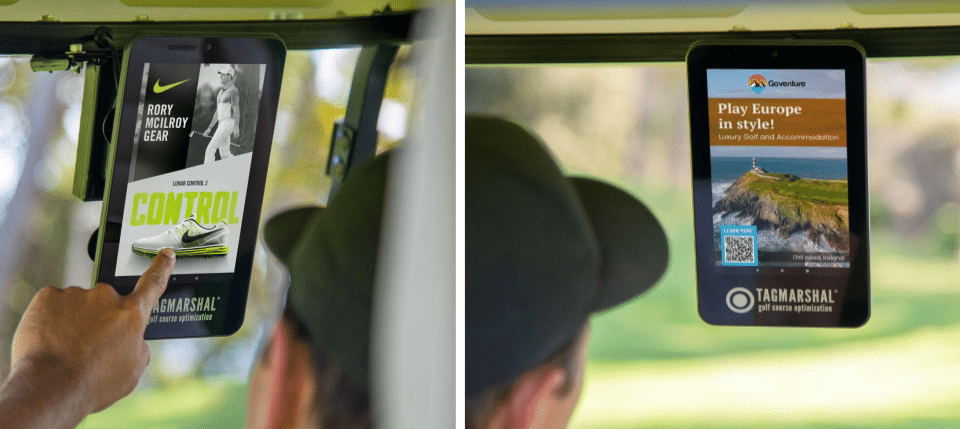
Instead of the time-consuming task of finding advertisers themselves, Gold Canyon teams up with Tagmarshal Media and jointly manages this aspect. Tagmarshal finds relevant advertisers, but Gold Canyon can also sell its own advertising across the network of screens. Revenue is shared, with an additional rebate for advertising the course sells on its own.

The 2Way screens are great – so vibrant and interactive. Players can get precise yardage, keep an eye on pace and message us directly if they require assistance. We have used the data to identify potential problem holes and now we are proactive in those areas so that players don’t fall behind pace.

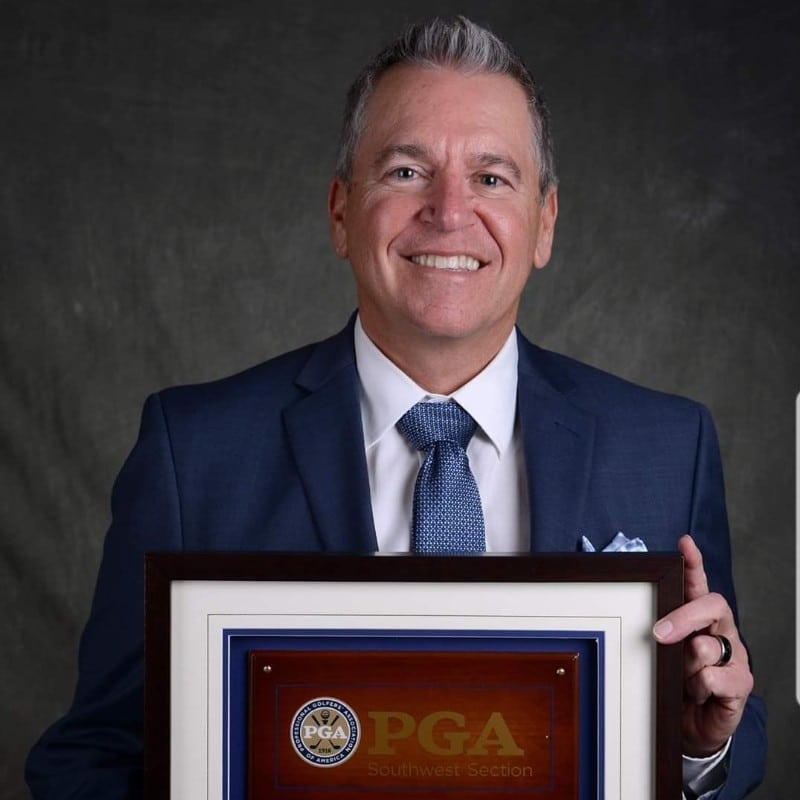
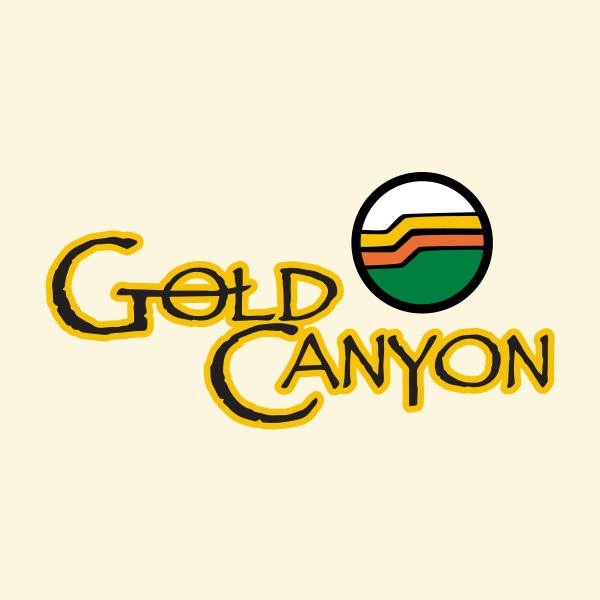
Tagmarshal Media also offers a fully managed advertising option, with courses receiving a minimum guaranteed rebate and then an additional performance-based rebate. Here, Tagmarshal manages every aspect of the process, from selling the advertising right through to scheduling individual ads on a course screen network.
Where the course prefers to handle all of this internally, the self-managed option gives them complete control.

The 2Way feature is fantastic. We can see who is out on the course and send messages directly to slower groups. That gentle nudge tends to work really well. I would strongly encourage people to use Tagmarshal to advertise because it’s a great revenue source and the advertising is less in-your-face and classy.

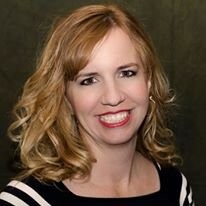
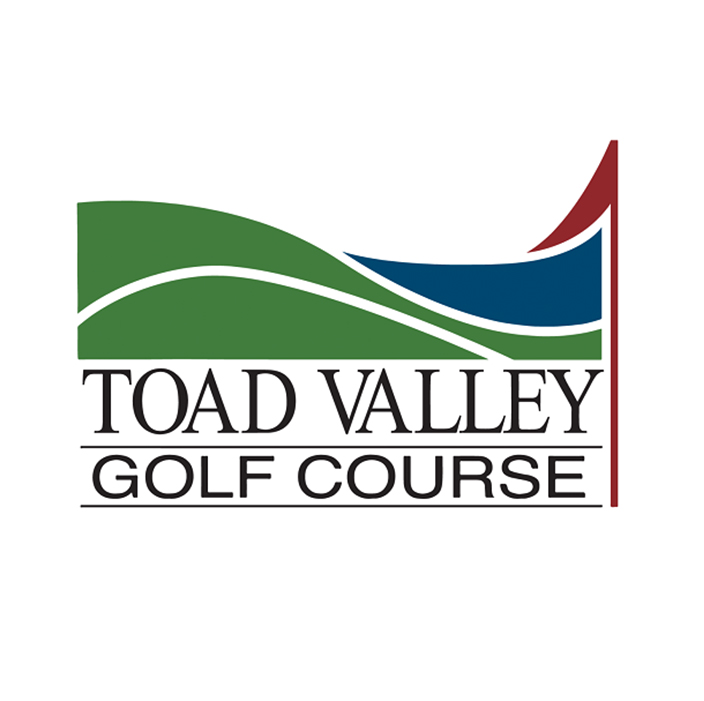
Conclusion
One of the great benefits of working with such a diverse group of partners is that Tagmarshal listens to the needs of the entire golf market, learning from different course types to find widely applicable solutions.
By showcasing these features and strategies in a webinar series, industry professionals are exposed to innovative ways to use technology that they may otherwise not have considered.
Tagmarshal’s optimization technology and the data the system gathers continue to shape how many leading courses operate, empowering teams to efficiently provide the best possible player experience and maximize revenue.
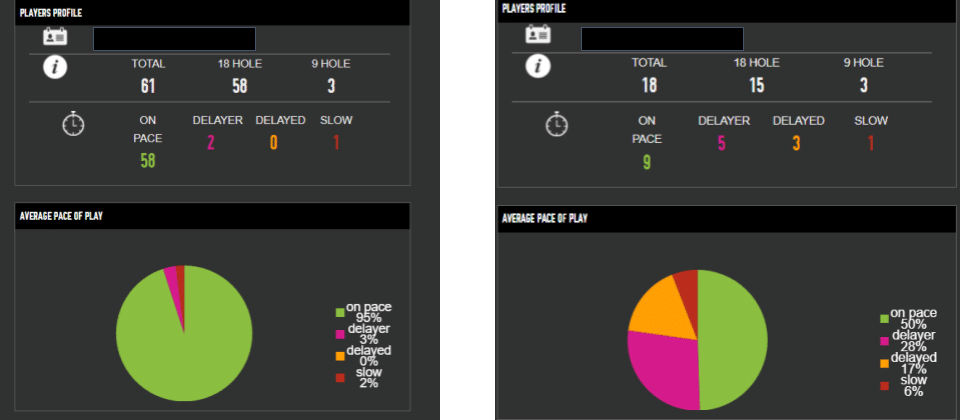
 WATCH DEMO
WATCH DEMO